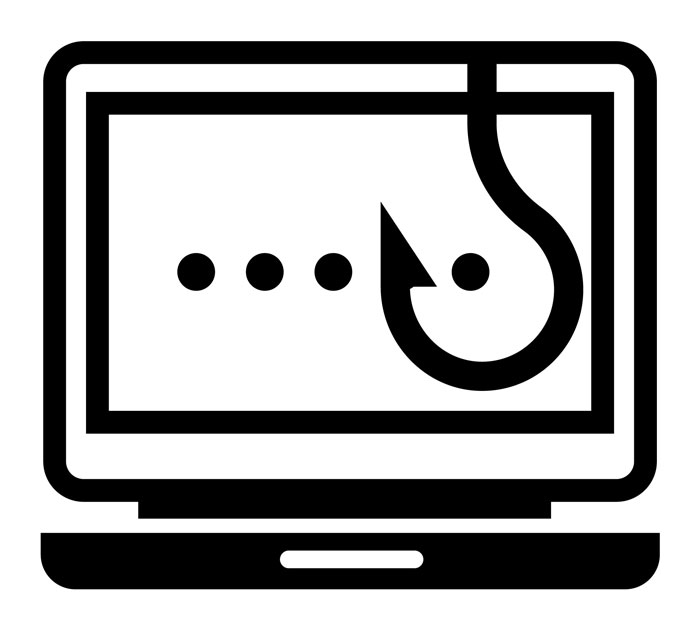Wire Fraud

As a seller, your proceeds will be wired into your bank account by the title company or settlement agent. Several days before the closing, the title company, settlement agent, or attorney will ask you to provide wiring instructions for your proceeds. If you email this information, you are exposing yourself to wire fraud.
Here’s how your proceeds could get stolen.
Criminals may try to hack into an email account of someone in your transaction. It could be the other real estate agent, someone in the lawyer’s office, or even the title company.
If the criminal finds the wiring instructions for your proceeds, they would simply change the account number to where the funds will be deposited. The criminal would then email their revised wiring instructions to the person who will wire the funds. Their email address will be similar to your email.
Not only are your proceeds at risk, so is your mortgage payoff. Your mortgage balance will be paid at closing. If that payment is wired, it could be stolen.
Before closing, you’ll be asked to contact your mortgage bank and obtain a mortgage payoff letter. The letter will include the mortgage balance and wiring instructions.
If hackers obtain the payoff wiring instructions, they will change the account number from your mortgage account to their bank account. They will then send the wiring instructions to the party who requested it. That may be your attorney, someone at the title company, or settlement agent.
Once the money is wired into the wrong account, the odds of recovering it are very slim.
ADVICE
-
Confirm wiring instructions by phone. Call a known number before transferring any funds. Don’t call phone numbers or click links from an email.
-
Be suspicious of any emails that include changes in wiring instructions and payment information – title companies don’t usually communicate that information via email.
-
When responding to an email, hit forward instead of reply, and type in the recipient’s email address. This can clarify whether an email came from a fraudulent, spoofed source or the legitimate email address.
-
Ask your bank to confirm the name on the account before sending a wire transfer.
-
As soon as a wire transfer is sent, call the recipient to verify that the funds have been received.
-
Sellers with mortgages, should call their mortgage lender immediately after closing to confirm the mortgage payoff was received.
If you have any questions about wire fraud, please email us at homes@lindatrevor.com for more information. If you currently suspect or are experiencing wire fraud, report the fraudulent wire transfer to the sending and receiving banks immediately.

